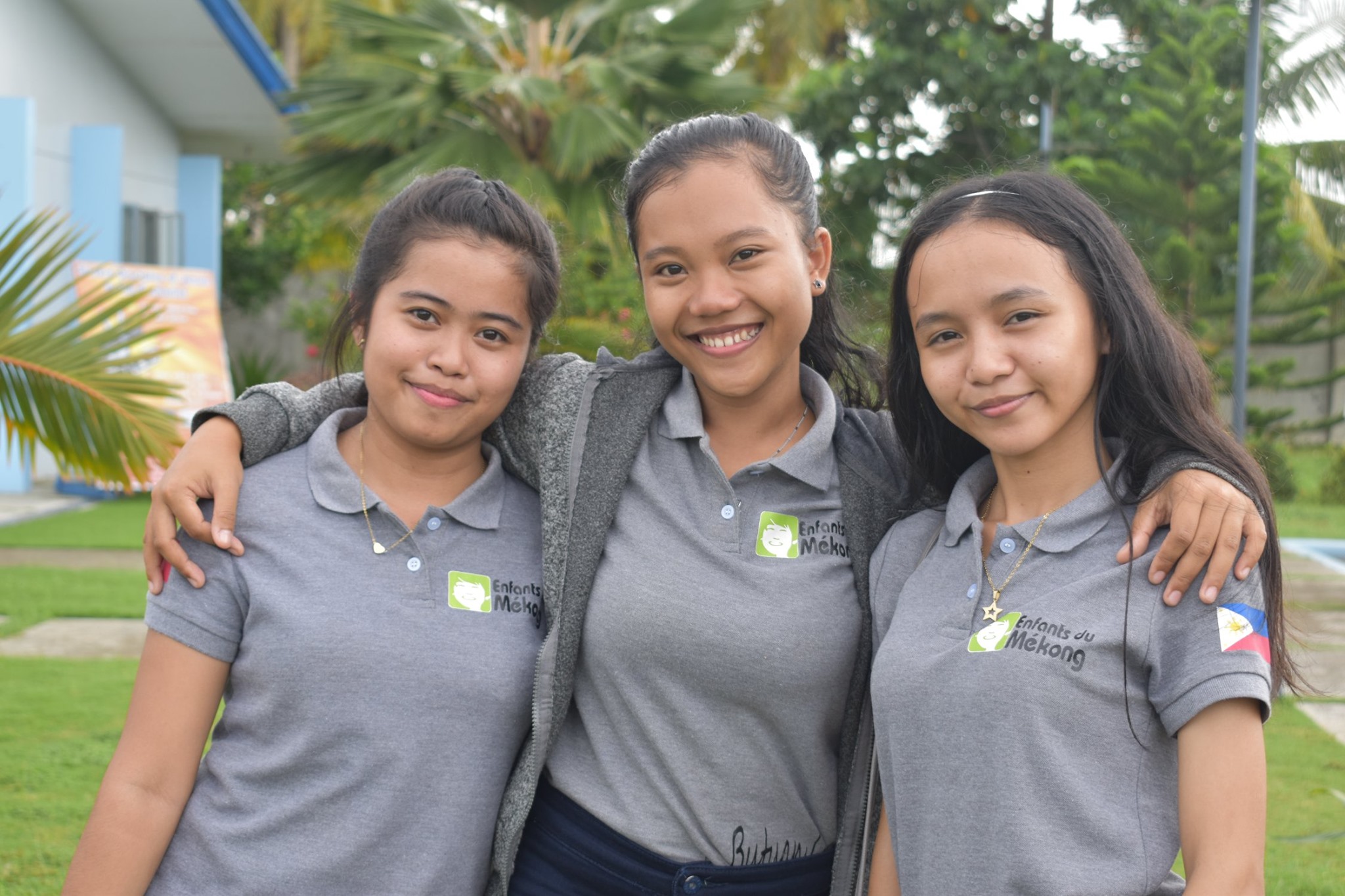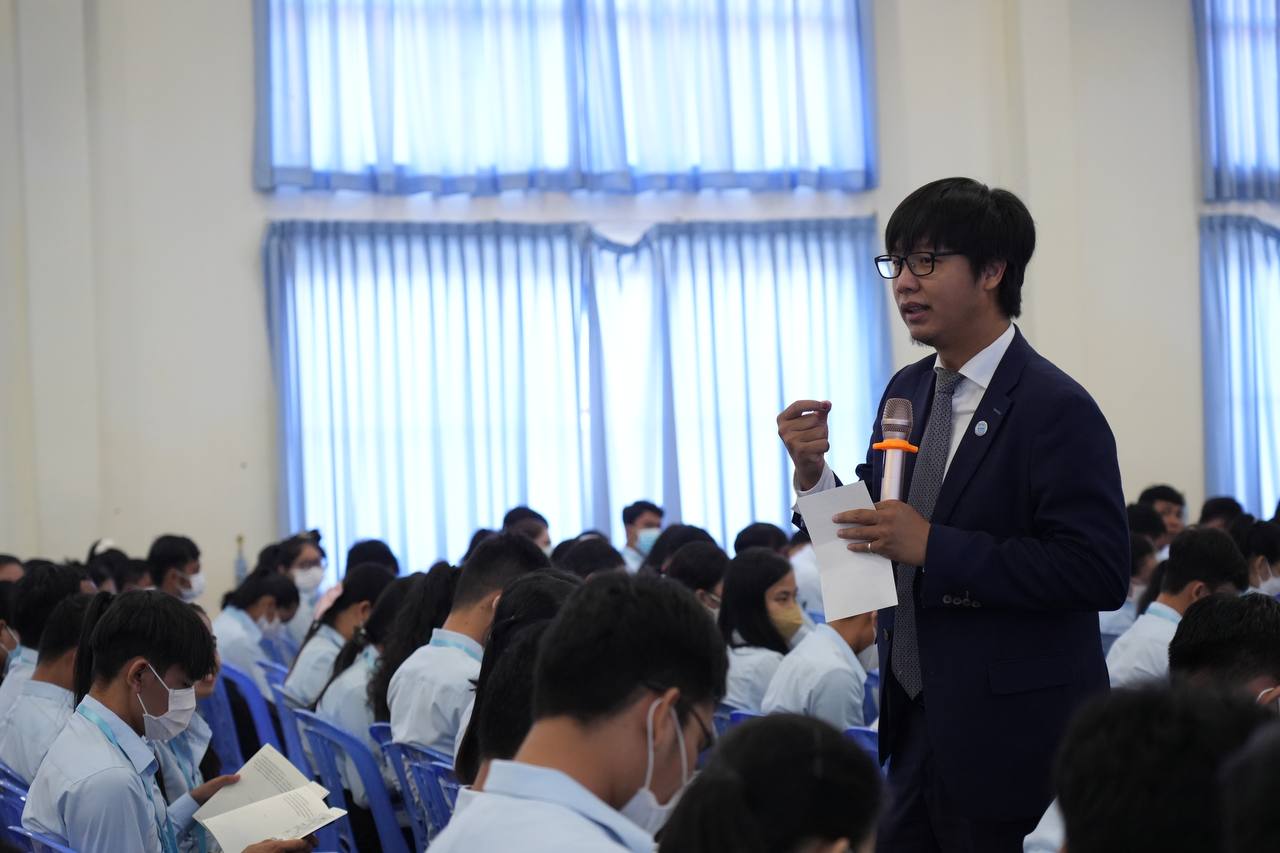
The victims of lockdown
COMING OUT OF THIS GLOBAL COVID-19 CRISIS, WHAT IS THE SITUATION LIKE IN THE COUNTRIES WHERE CHILDREN OF THE MEKONG WORKS?
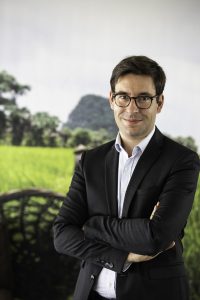
Guillaume d’Aboville, Director of Children of the Mekong
Across the 6 countries where we work (Thailand, Cambodia, Vietnam, Laos, Myanmar and the Philippines), there are 10 times fewer cases of Covid-19 than in France.
To date, there have been fewer than 1,000 deaths in South-East Asia, yet more than 29,000 in France, so you could say that the situation is under control in South-East Asia.
The pandemic broke out at the end of the school year and so the impact on pupils in South-East Asia has been minimal compared to in France as they were all starting to break up for the school holidays.
We really must highlight the resilience of Asia as a whole; unfortunately, people here are used to health crises and natural disasters. The last epidemic in Asia to date was the SARS virus, which is from the same family as Covid-19.
A number of our local managers have reminded us that they are used to political turnarounds, typhoons, and even wearing masks on public transport, and so for them, this was simply another crisis which they overcame with the same discipline that has been proven effective time and time again. Right now, there are more cases of the Dengue virus than Covid-19 in Cambodia.
However, we must not let the encouraging statistics cover up the drama that is unfolding as a result of the measures that have been put into place to tackle the pandemic. In Asia, it is not Covid that will take the most victims, but lockdowns.
WHAT EXACTLY DO THE LOCKDOWN MEASURES AND THE PANDEMIC MEAN FOR THE POOREST FAMILIES IN THEIR DAILY LIVES?
The pandemic is an issue of life or death for families that are starving. It is of more importance at present than the impact it is having on children’s education. The poorest children generally only have two meals a day: a very small one at home and a more balanced and substantial one at school. Lockdown has put a stop to children being able to have a decent meal for more than two months now. We had been in Vietnam since a week before lockdown began and in Gai Laï we saw children who were very thin from just 3 weeks of lockdown. What about after 10 weeks? A child cannot study when they are hungry, let alone follow a remote class!
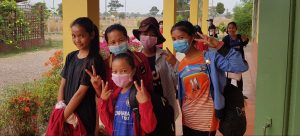 Across Asia, families in rural areas seem to fare better than those in the cities. Just like in France, farming has continued in spite of the pandemic, and the extremely well-developed community support in Asia has been a real resource for several families. These regions only really struggled when access to water became difficult because of the drought in Cambodia and Vietnam in the Mekong delta.
Across Asia, families in rural areas seem to fare better than those in the cities. Just like in France, farming has continued in spite of the pandemic, and the extremely well-developed community support in Asia has been a real resource for several families. These regions only really struggled when access to water became difficult because of the drought in Cambodia and Vietnam in the Mekong delta.
But it is the cities that are far more densely populated that posed the greatest problem. Lockdown severely restricted travel, eliminating the vast majority of smaller jobs that provide a livelihood for the poorest families. Jobs such as a tricycle chauffer in the Philippines, a very popular form of transport to get from one area to the other. These urban jobs disappeared overnight, leaving entire families without any source of income or resources, but with the need to feed their children at home.
Lockdown in Asia has also caused a significant increase in domestic violence. Covid-19 has created a situation where families are left behind, left to their own devices with no source of income at all. This can unfortunately can lead to the worst. The government of the Philippines estimates that the rate of domestic violence has tripled.
Our local managers inform us of new kinds of human trafficking. Lockdown, idleness and screens do not make for a good mix, they break the already fragile balance.
HOW ARE CHILDREN OF THE MEKONG’S ACTIONS ADAPTED TO RESPOND TO THESE NEW NEEDS?
We have remained on top of our sponsorship programmes to ensure that as many children as possible can receive the sponsorship money.
We have seen an exceptional level of commitment from our volunteer leaders in Asia, with more than 9 in 10 programmes in operation. We have also adapted the way we use sponsorship money in line with people’s nutritional needs in the current situation.
Our charity is not specialised in emergency response, but in development. We could therefore say that it isn’t our job to come to the rescue now.
However, Children of the Mekong’s history is built on the friendship we have with those who are facing crises in Asia. Our work began with Eurasian children born during the Indochina War and continued in the refugee camps, not because we had to but because our friends called on us for help.
This remains true today. We take action because our friends ask for our help. The strength of the response that we offer rests precisely upon this network of friendship and cooperation that Children of the Mekong has been building for more than 60 years. Our strength is the 930 local managers who keep us informed and help us to work from emergency to post-emergency and development.
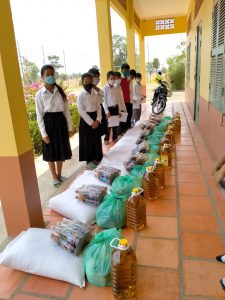 We listen, then we act. Above all else, people in our countries of action need rice, basic necessities and masks. We will be distributing more than 430 tonnes of rice to 10,000 families in total, which is more than we have ever bought before! The aim here is to allow families that call on us for help to have between 6 and 9 weeks’ worth of food which equates to 100 to 200 kilograms of rice. To be as fair as possible, we make sure that for every family that is sponsoring a child with Children of the Mekong, 10 other families nearby are supported by the same distribution programme. We are not here to help only our sponsored children, but also the local community.
We listen, then we act. Above all else, people in our countries of action need rice, basic necessities and masks. We will be distributing more than 430 tonnes of rice to 10,000 families in total, which is more than we have ever bought before! The aim here is to allow families that call on us for help to have between 6 and 9 weeks’ worth of food which equates to 100 to 200 kilograms of rice. To be as fair as possible, we make sure that for every family that is sponsoring a child with Children of the Mekong, 10 other families nearby are supported by the same distribution programme. We are not here to help only our sponsored children, but also the local community.
It is often said that in Asia, you never die alone, and it is vital that this community spirit is considered when providing help on the ground. What really matters to us is to tell these families, often completely forgotten about by all, that they are worth something and that we are going to help them for as long as economic activity has not recovered.
We offer help to parents who have lost their job to help them get back to work. For example, for a tuk-tuk driver in Cambodia, this means giving him between two weeks and one months’ worth of money and the equivalent of two full tanks of petrol. We also offer around ten chickens and a pig to support their family. This all equates to 430 pounds of aid being given to 200 families that have been affected the most by the lockdown.
It goes without saying that the loyalty from our sponsors means that we can continue to support our sponsored children so that they can return to school as soon as possible.
Because, in reality, all of this aid has only one aim, the single thing that has driven us since Children of the Mekong began in Vientiane: to protect children and offer them a brighter future thanks to education. Our rice distributions and the help we give to get people back to work are part of this: it is about ensuring that children do not go hungry and are in the best position they can be to return to school when it reopens.
HOW DOES CHILDREN OF THE MEKONG ENSURE EDUCATIONAL CONTINUITY IN THESE CONDITIONS?
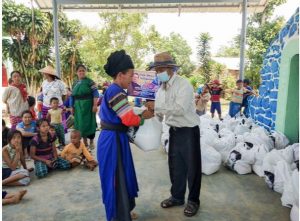
Our main focus, beyond the emergency situation, is of course to support sponsored children and the poorest families.
For example, in Cambodia, our social workers go from village to village in Beantay Meanchay to tutor the children or distribute handouts. Our local managers and teams have put together a vast array of similar small initiatives that can be adapted to the situation in each area.
At present, many of our overseas volunteers are locked down in Bangkok in Thailand, and several are providing tutoring in the suburbs of Khlong Toei.
We are also preparing to come out of lockdown in Asia, with summer camps packed full of activities that will help the children to reflect on what they have just experienced and provide them with concrete ways to protect themselves moving forward. This will also be a time when we can offer refresher courses to the pupils who haven’t been able to access any classes throughout lockdown.
We would like to say a huge THANK YOU to all of our sponsors for their continued support. We are amazed to see how much of a lever sponsorship is; it adapts to every situation and allows so many families living in poverty to come out the other side of crises that could be difficult. It means that we can tell a sponsored girl or boy, or a family in Asia that they are not alone.
We give a future to so many children in Asia through compassion and education.
IF YOU WOULD LIKE TO KNOW MORE ABOUT THE IMPACT OF COVID19 IN SOUTH-EAST ASIA:

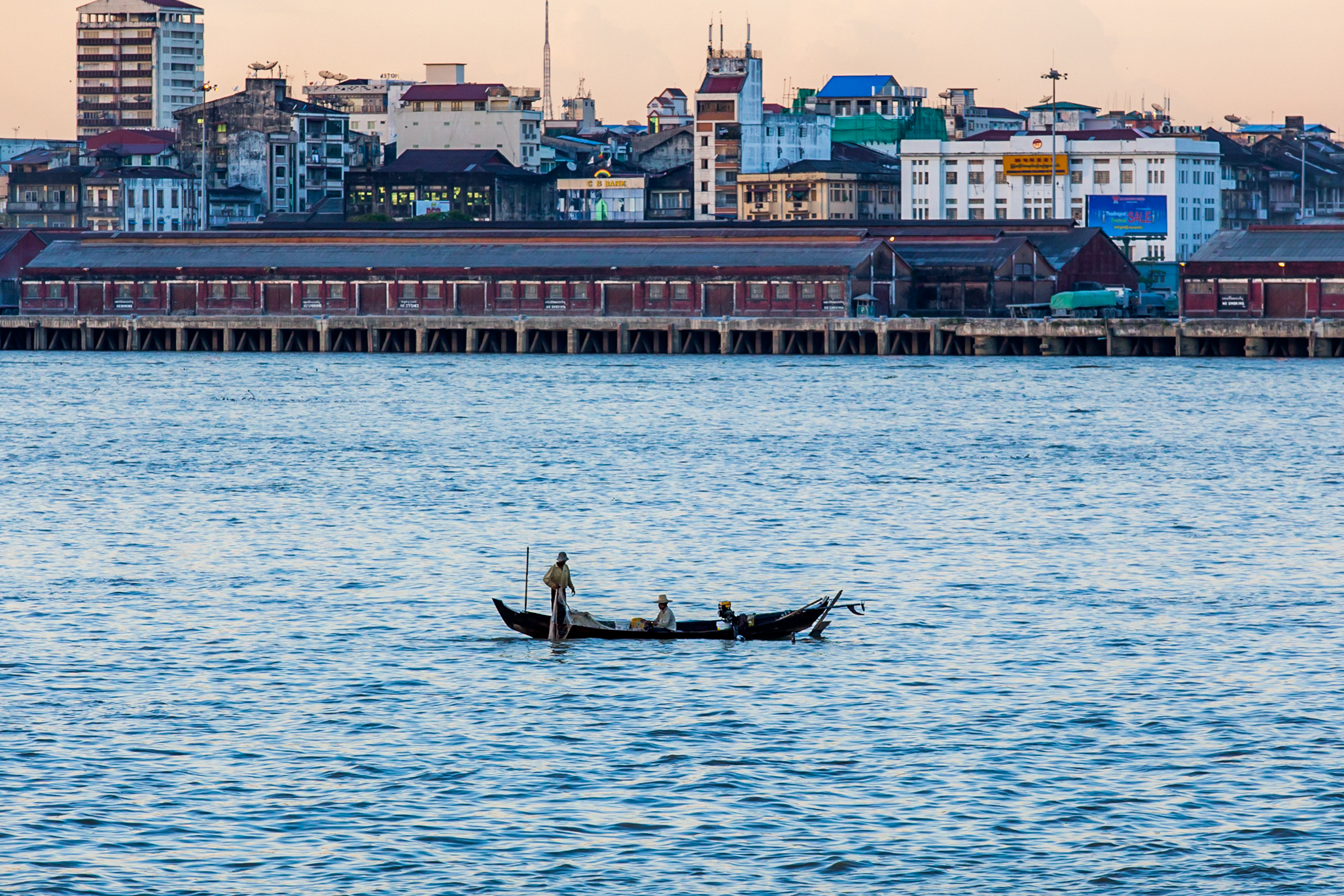
Myanmar, over 2 years into the coup
After over 2 years since the military coup d’etat in Myanmar, what have been the consequences and what can we do to help? Text […]
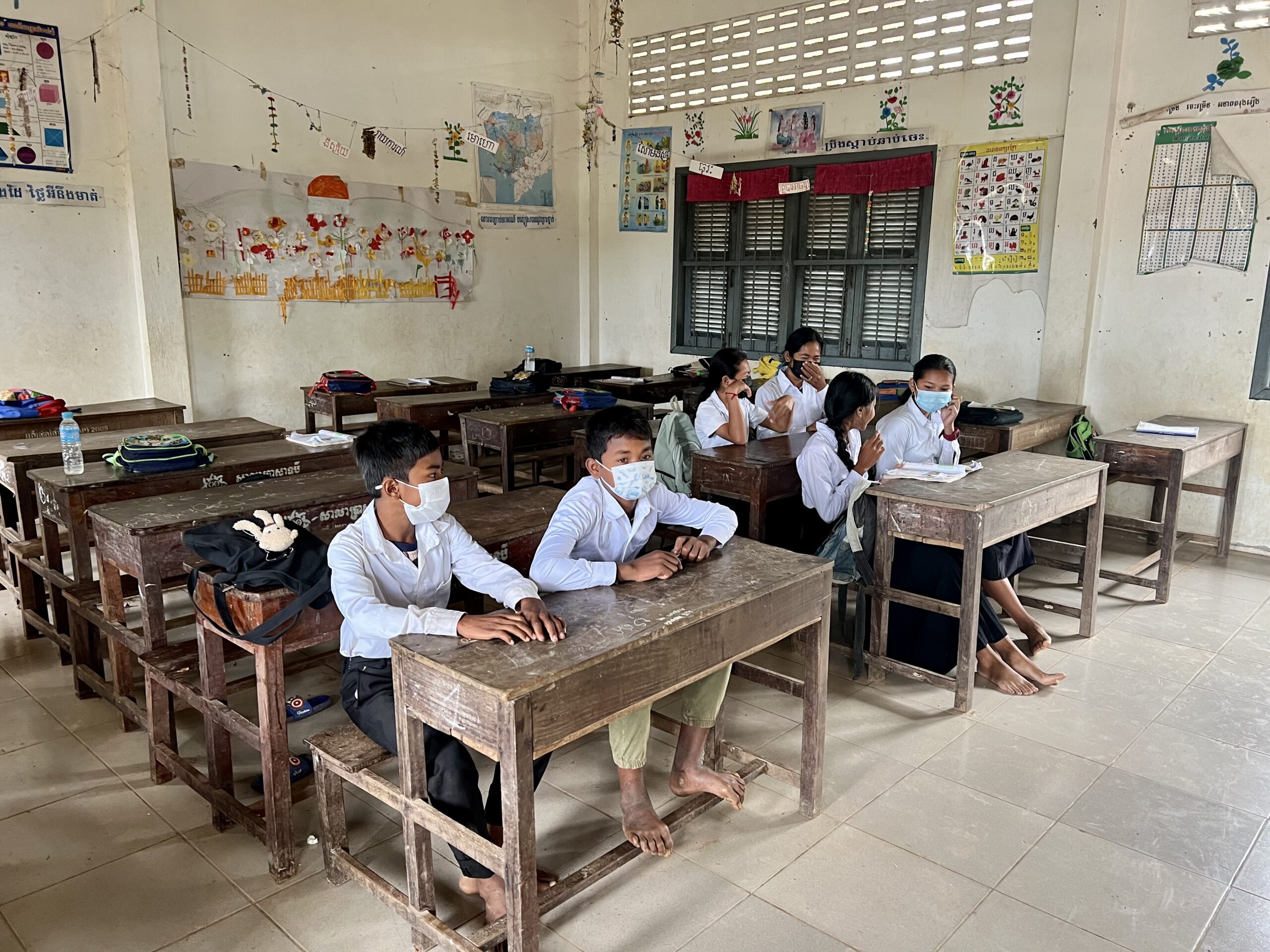
What are the Covid-19 impacts on the learning of Cambodian children?
Findings from the Ministry of Education, Youth and Sport (MoEYS) reveal the serious consequences of the pandemic on Cambodian children’s education. Author: Shi Xian
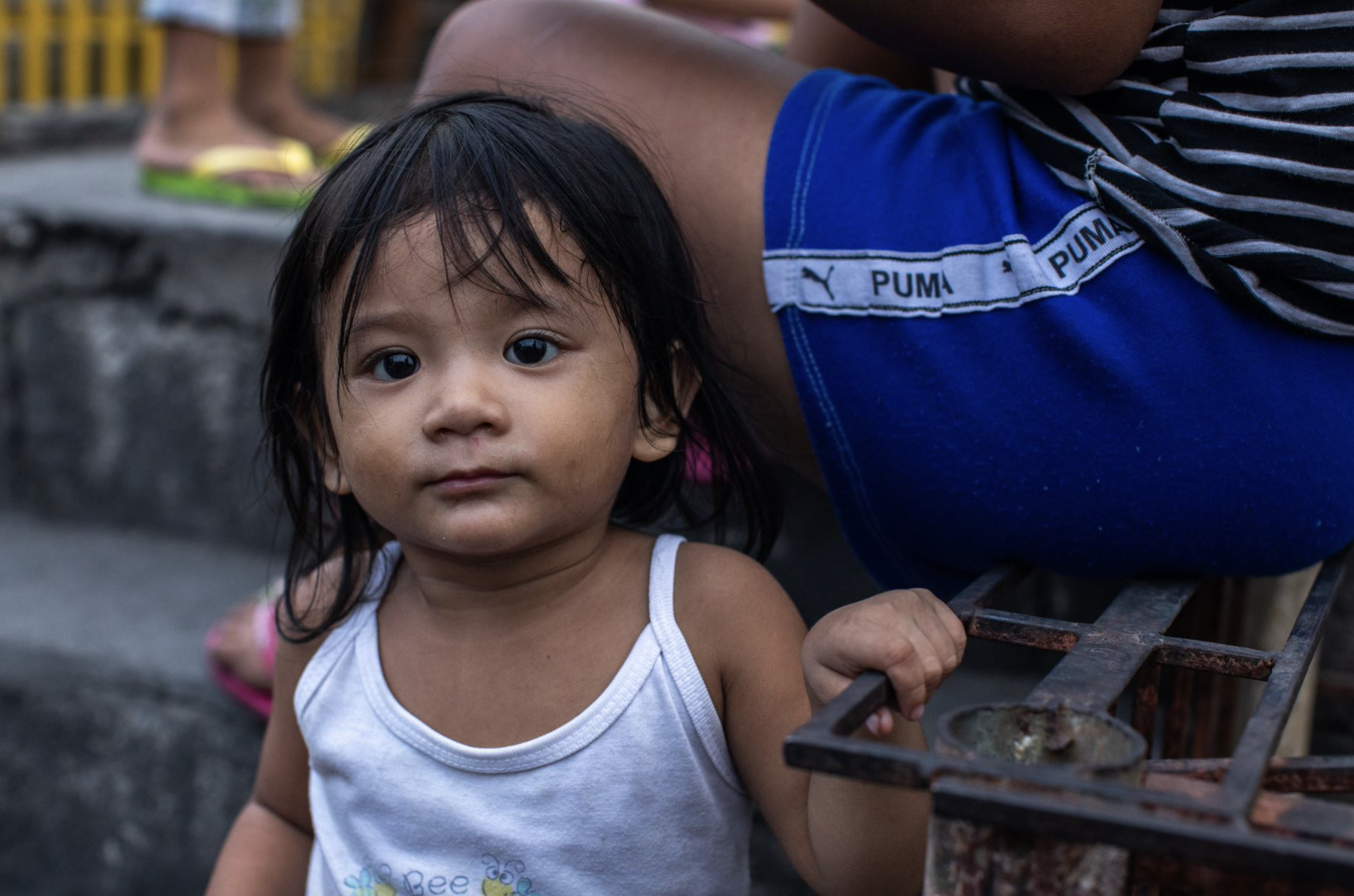
How can the Philippines do better to support its future generation amidst Covid-19?
According to an analysis by UNICEF, an estimated 140 million young minds had their school education disrupted amidst the pandemic. Text by Chng Shi […]
